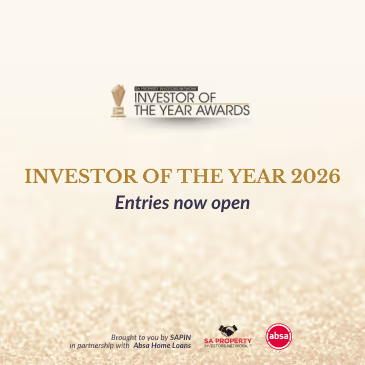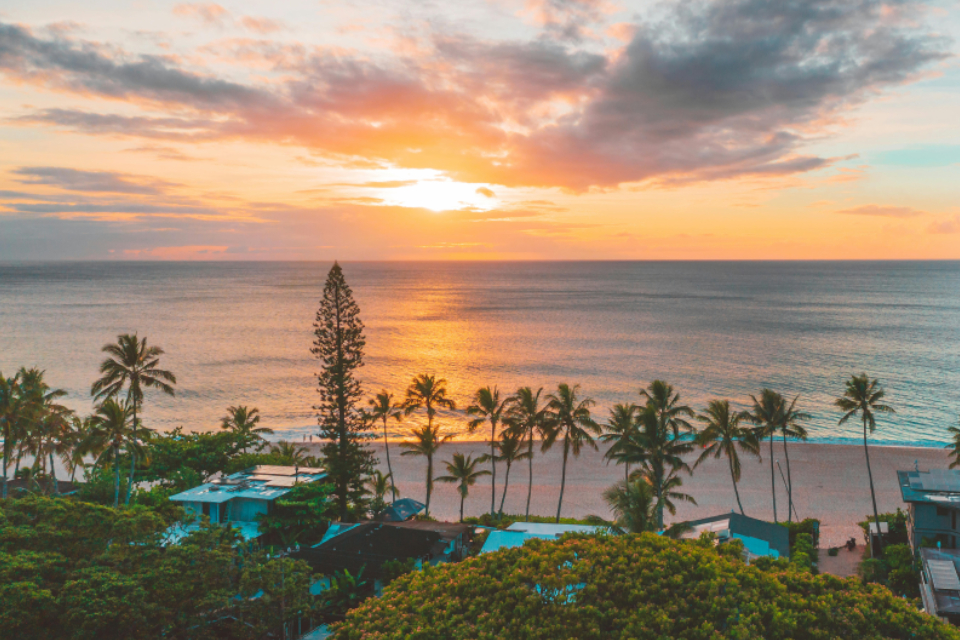What moves millionaires to luxury homes in Africa
- Millionaires are chasing lifestyle, opportunity and tax advantages and shifting Africa’s luxury property maps in the process.
- Cape Town and the Western Cape now outpace Gauteng as South Africa’s millionaire magnet.
- Mauritius and Morocco rise fast as Africa’s new global wealth hubs.
Global Wealth on the Move
High-net-worth individuals (HNWIs) are relocating in record numbers, shifting billions in capital and reshaping global property markets. According to the Africa Wealth Report 2025, the three factors driving this migration are quality of life, new economic opportunities, and favourable tax rules.
“These three factors are at work in the new wealth hubs now emerging and most visibly in luxury property markets,” says Berry Everitt, CEO of Chas Everitt International and director on the Leading Real Estate Companies of the World® Global Advisory Board.
HNWIs are increasingly choosing the UAE, Saudi Arabia, Singapore, Switzerland and unexpectedly, Italy, Greece, Canada and Australia. Africa is also benefitting as lifestyle and business opportunities reshape where millionaires want to live.
The Quest for Lifestyle in South Africa
South Africa has added 3,700 millionaires this year, but not in Gauteng as one might expect. Instead, the Western Cape now leads, with 17,300 millionaires compared to Gauteng’s 14,000 plus 65 of the country’s 112 centi-millionaires and 6 of its 8 billionaires.
The trend began with “semigration” as wealthy families left Gauteng for lifestyle, safety and services in the Cape. It accelerated during Covid’s remote-work boom and has since been reinforced by Cape Town’s global ranking as one of the best cities to live in.
- Atlantic Seaboard & Constantia: luxury homes in short supply, with prices soaring.
- Whale Coast (Hermanus): sales have doubled in five years; prices up 75%.
- Winelands (Val de Vie, wellness estates): prices have nearly tripled since 2020.
- Garden Route (George, Plettenberg Bay): golf estates and luxury villas with sea views attract foreign millionaires.
“High-net-worth buyers are seeking lifestyle and legacy, not just bricks and mortar,” Everitt says. “Cape Town ticks every box: scenery, schooling, healthcare, and a cosmopolitan lifestyle.”
Gauteng stumbles as infrastructure crumbles
By contrast, Johannesburg and Pretoria are battling: deteriorating transport, electricity, water infrastructure, weak municipal management, and high crime weigh on quality of life
- Sandton luxury prices stagnate at USD 1,800/m², while Cape Town’s prime property has surged to USD 5,800/m².
- New developments in Johannesburg is mostly office-to-residential conversions, while Cape Town enjoys a boom in upmarket housing.
Still, Gauteng retains advantages: one of the world’s best climates, significantly cheaper luxury properties, and headquarters of most blue-chip companies.
“Johannesburg still meets the relocation driver of fresh business opportunity,” says Everitt. “If renewal efforts gain traction, it may yet hold its place as Africa’s wealthiest city.”
Beyond South Africa: Mauritius & Morocco surge
Two other African destinations are rapidly becoming millionaire magnets:
- Mauritius: Now home to 4,800 millionaires (many South African), drawn by lifestyle and low-tax residency. Prices average USD 4,500/m² in west-coast enclaves like Tamarin.
- Morocco: Africa’s third-biggest wealth hub with 7,500 millionaires. Political stability, AfCFTA advantages, and Tangier’s strategic port make it highly attractive. Luxury property averages USD 1,700/m², among Africa’s top 10.
“Mauritius and Morocco show how lifestyle and tax advantages combine to create lasting wealth hubs,” says Everitt.
The Way Forward
Africa’s luxury property markets will increasingly be shaped by global capital flows, lifestyle migration, and investors seeking both legacy and mobility.
For South Africa, the Western Cape will remain the crown jewel, while Johannesburg’s future hinges on infrastructure renewal. Offshore, Mauritius and Morocco are positioning themselves as the continent’s next generation wealth havens.
“The key to growth in Africa’s luxury markets will be amplifying lifestyle and opportunity in the eyes of global investors,” Everitt concludes.
Africa’s Top 5 Luxury Property Hotspots 2025
- Cape Town & Western Cape (South Africa) - Lifestyle, semigration, international recognition, record-breaking prices.
- Johannesburg (South Africa) - Still Africa’s wealthiest city, but infrastructure and crime weigh on growth.
- Mauritius - Lifestyle + low-tax residency, strong South African buyer base.
- Morocco (Tangier, Casablanca, Marrakech) - Gateway to Africa with investor-friendly policies.
- Nairobi (Kenya) - Rising financial hub with strong international business appeal.














.avif)

.avif)




.svg)





























.avif)
